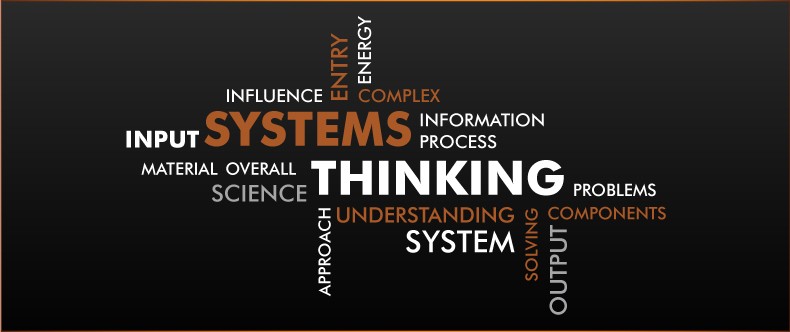In today’s business environment, the importance of systems is well known. Huge multi-national enterprises, especially in products like food and beverage (Starbucks, McDonalds, etc) have been a result of replication of products, processes by an organised approach – SYSTEMS THINKING.
It all started with the manufacturing sector and the need has become even more apparent with huge impact that the world has seen on product quality on account of changes. Systems thinking has also given birth to and increased importance of robots in our lives.
A friend and a very senior executive in a Japanese multi-national once told me, the problem with Indian workers is that they are very creative. If I ask a worker in Japan to tighten a screw 3.5 rounds, he will do exactly that and stop, whereas an Indian worker either stops at 3 rounds or puts in extra force to tighten more than 3.5 rounds.
Time and again, mistakes show us the mirror and highlight the importance of systems thinking right from work to everyday life.
Stopping at traffic signals is a system we follow, waking up at the right time, exercising every day, eating at the right time, reviewing with our team at regular and fixed intervals – Can we imagine what would happen to our lives without systems?
Gradually as demands of customers are ever increasing, regulations are getting more and more demanding, the need for systems has reached a whole new level.
Being a supplier to automotive companies at Geekay, we have a stringent 4M procedure (Man, Machine, Material, Method) and any change must be validated at various stages both by us and our customers before letting that change affect the product and our customers.
We all want to solve problems which is only possible if we have lesser variables to juggle with. And SYSTEMS THINKING gives us just that.
We try to spend a lot of time training people to think systematically and create systems to improve consistency and reliability of manufacturing.
In the current context, it is important that every organisation works to imbibe the principles of Systems Thinking into their work culture for better efficiency and systematic gain.





